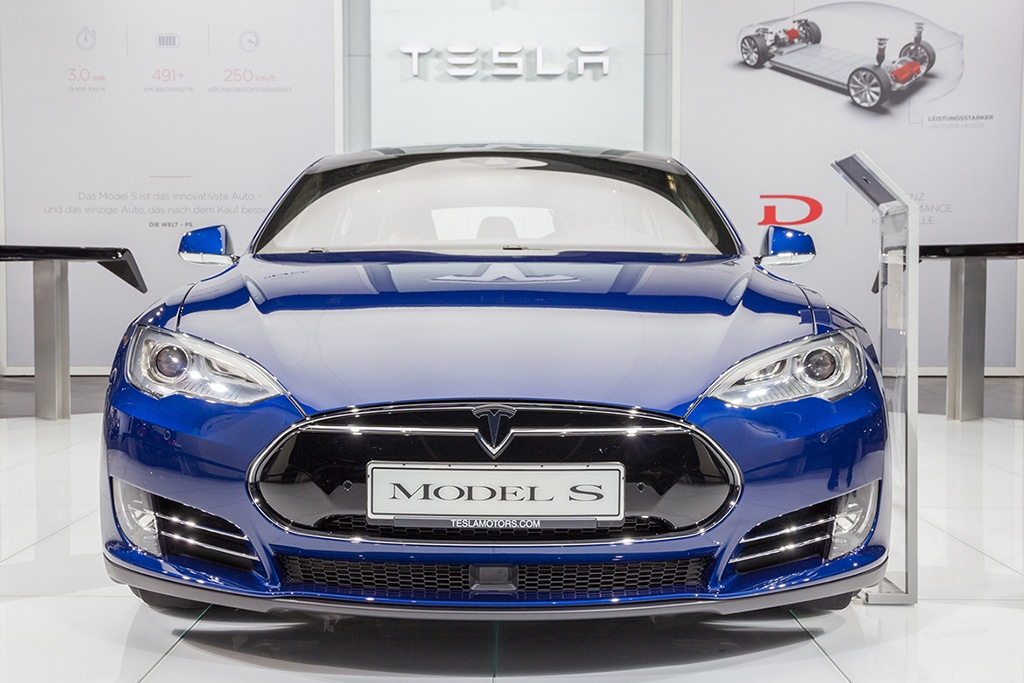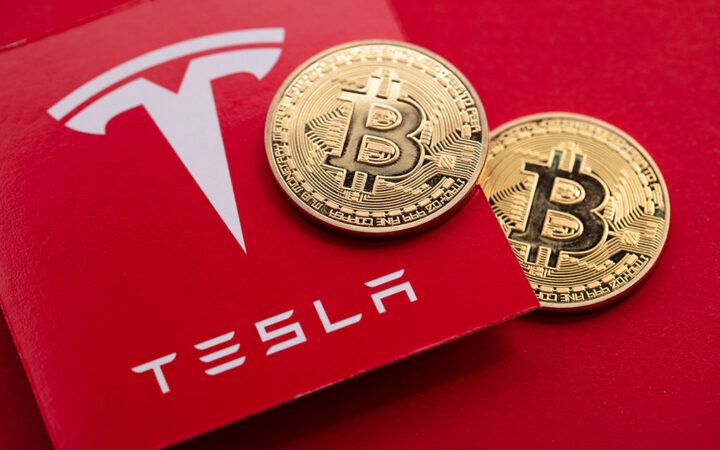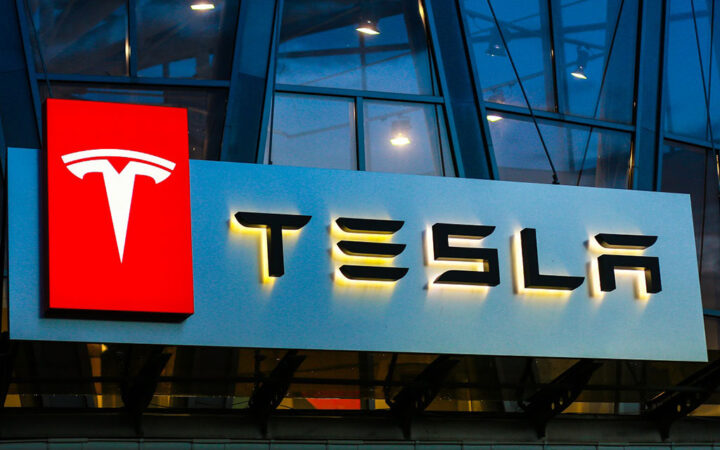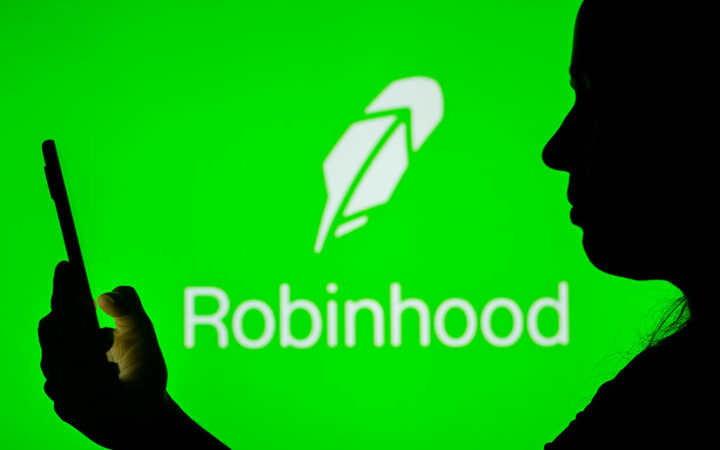
Darya is a crypto enthusiast who strongly believes in the future of blockchain. Being a hospitality professional, she is interested in finding the ways blockchain can change different industries and bring our life to a different level.
The affected vehicles include certain Model S and Model X released in 2016-2023, as well as 2017–2023 Model 3 and 2020–2023 Model Y.

Electric vehicle giant Tesla Inc (NASDAQ: TSLA) is recalling as many as 362,758 vehicles equipped with Full Self-Driving (FSD) beta software as a result of safety concerns caused by the feature. In a filing with the National Highway Traffic Safety Administration (NHTSA), Tesla stated that in particular rare circumstances, the FSD beta software can “potentially infringe upon local traffic laws or customs while executing certain driving maneuvers in the following conditions before some drivers may intervene”.
The filing also reads:
“With FSD Beta, as with all SAE Level 2 driver support features, the driver is responsible for operation of the vehicle whenever the feature is engaged and must constantly supervise the feature and intervene (e.g., steer, brake or accelerate) as needed to maintain safe operation of the vehicle.”
Earlier, NHTSA identified potential concerns related to certain operational characteristics of Tesla FSD Beta and asked Tesla to address those concerns. Further, NHTSA and Tesla met to discuss the concerns and the ways to improve the software.
On February 7, Tesla decided to administer a voluntary recall out of an abundance of caution. As of February 14, as many as 18 warranty claims were identified that may be related to the conditions that Tesla defines as operating limitations of FSD Beta.
The affected vehicles include certain Model S and Model X released in 2016-2023, as well as 2017–2023 Model 3 and 2020–2023 Model Y.
To fix the issues, Tesla will deploy an over-the-air (OTA) software update at no cost to the customer in the coming weeks. The OTA will improve how FSD Beta negotiates particular driving maneuvers during conditions like driving during a stale yellow traffic light, adjusting vehicle speed while traveling through certain variable speed zones, and more.
Tesla introduced Full Self-Driving (FSD) as a beta back in October 2021, promising that the software would provide advanced driver assistance features, with more active guidance and assisted driving under a driver’s active supervision. However, FSD has appeared to be controversial and faced scrutiny from regulators.
The first thing that causes confusion is the name of the system itself. Full Self-Driving sounds like it takes “full” control of the car, but it actually does not, as the driver is always involved and has to control the car.
Back in June 2022, NHTSA said it was expanding an investigation into 830,000 Tesla cars across its current model lines to check in a number of accidents that involved Tesla vehicles revealed patterns in the car’s performance and driver behavior.
In September 2022, Tesla faced a class action lawsuit over allegedly misleading the public regarding FSD for the first time. Basically, the company started selling vehicles with features that are not fully developed yet.
In January this year, Tesla disclosed that the US Department of Justice asked for documents related to its branded Full Self-Driving and Autopilot advanced driver-assistance system.
Disclaimer: Coinspeaker is committed to providing unbiased and transparent reporting. This article aims to deliver accurate and timely information but should not be taken as financial or investment advice. Since market conditions can change rapidly, we encourage you to verify information on your own and consult with a professional before making any decisions based on this content.

Darya is a crypto enthusiast who strongly believes in the future of blockchain. Being a hospitality professional, she is interested in finding the ways blockchain can change different industries and bring our life to a different level.




